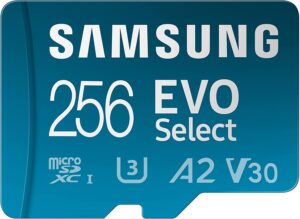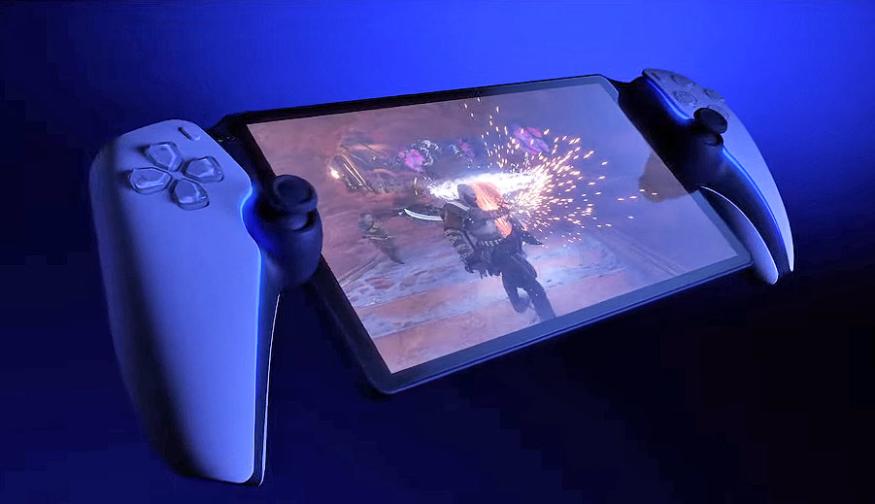Don’t dismiss PlayStation Project Q yet! Soon all will become clear

OPINION: Sony revealed the Project Q handheld yesterday, but it left more questions than answers. Surely there’s more to it than a vessel for Remote Play?
Last month I wrote an opinion piece after a so-called ‘Q Lite’ handheld gaming unit for PS5 consoles was mooted. I actually said it sounded “too lame” to be true and doubted the veracity of the report. Unless there was something more to it, I called it a “missed opportunity.”

Switch storage sale gets you an extra 256GB
You can get a 256GB microSD card from Samsung for just $17.99 and save 55% on the $39.99 asking price.
- Amazon US
- Was $39.99
- Now $17.99
Apologies to the reporter at Insider Gaming who got the scoop, it turns out he may have been bang on the money, according to what we were told yesterday by Sony. The Project Q does indeed sound like a handheld designed exclusively for Remote Play streaming from a PS5 in the home.
At the time, I thought this would represent a “massive lack of ambition from Sony” given the opportunities to leverage the incredibly large and impressive PlayStation library for cloud gaming.
I wrote: “Sony has the undisputed finest gaming library of the last 30-years at its disposal. An eventuality when you can get the best of PlayStation past, present and future on the go, powered by the cloud is hugely tantalising.

“Right now cloud streaming of PS4, PS3 and PS2 games are only available to stream on a PS5, PS4 or PC. Why on earth would Sony not expand that if it’s going to launch a dedicated handheld device for gaming, with the ability to connect to the internet? It makes zero sense at all.”
It still, after the announcement, makes zero sense at all. Why would Sony put the time and effort into developing a brand new handheld device that just seems so limited? I’ll admit I’m not sure how widely the Remote Play feature is used by PS5 gamers. Unless Sony is seeing some serious numbers here and spots an opportunity to clean up with dedicated Remote Play handsets, this seems like overkill.
Everyone they’re targeting has a) a smartphone or tablet and b) a DualSense controller. This is all that’s needed to enjoy Remote Play. If users demand an all-in-one solution, Backbone has a DualSense-inspired, officially licensed model to cradle your phone for £100. And this week it became available on Android too.
Again, I’ll repeat, cloud gaming independently of the main machine is very much en vogue right now. Improved infrastructure on remote servers is enabling manufacturers to offer an experience comparable to AAA console experiences on devices boasting far less power. Why would Sony not wish to leverage this for its own cloud ambitions?
“We observe mobility in gaming habits to be an increasingly important trend, and the cloud will be fundamental to allowing us, or indeed anybody else, to exploit that trend,” said PlayStation boss Jim Ryan earlier this week.
“Unfortunately, today is not the place for me to disclose these plans, but we do have some fairly interesting and quite aggressive plans to accelerate our initiatives in the space of the cloud that will unfold over the course of the coming months.”
I can’t envision a scenario where Project Q is not part of those “aggressive plans”. Perhaps Sony is just keeping that on the down-low for now and is happy in the meantime for the doubters to scythe through its proposition, based on an ever so brief preview at the very end of a live stream.
I’m expecting all will become clear in the coming months when Sony launches its answer to Xbox Cloud gaming in earnest. I’d be shocked if Project Q wasn’t a huge part of this.





